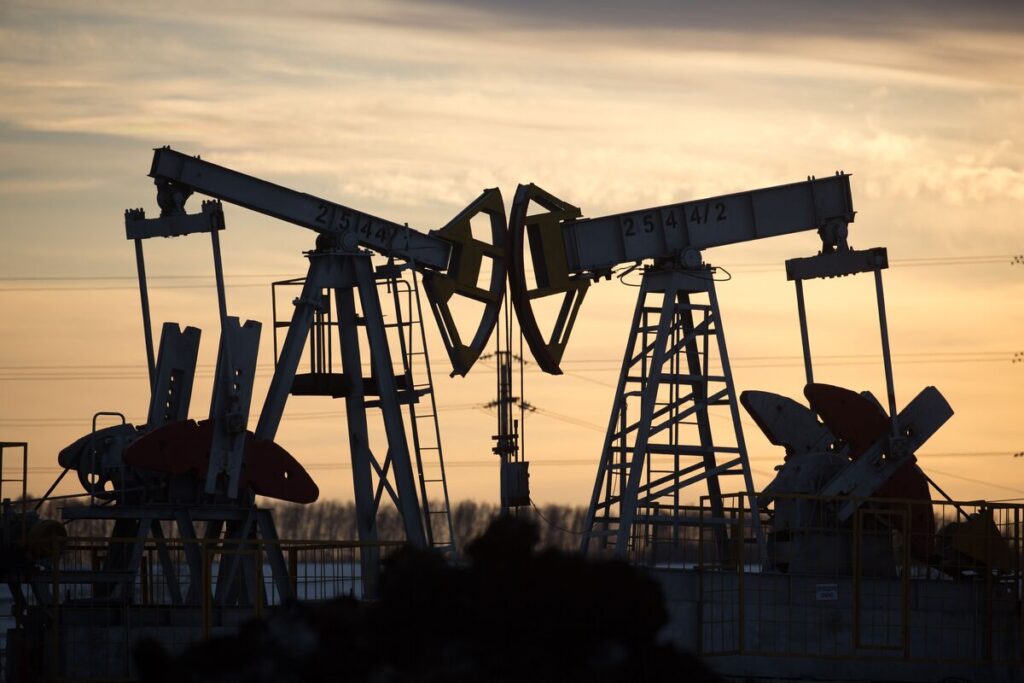
· Poland intends to integrate renewable energy industry to power the power grids in the country.
· This transition will help to reduce the use of fossil fuels reliance on imported fuels.
Poland generates more than 70% of energy from coal. It has been working on new energy strategies since the start of the war in Ukraine. The strategies aim to reduce the dependence on fossil fuels. This will need the country to upgrade the power grids to use energy from renewable sources. The country needs to invest $116.11 billion in transmission and distribution by 2040. Poland envisions a new energy strategy that produces 74% of energy from these sources. These sources include renewable energy and nuclear sources. upgraded power grids ensure the greater supply capacity. It also makes power systems operations cheap and reliable.
Pole band is a device used on the overhead transmission lines to ensure easy mounting of the devices. They help to install pole guys, secondary and insulators. They help to add stability to the overhead devices installed on the poles. Pole bands are also known as pole fasteners, fastening clamp or utility pole bracket. A pole band consists of bolts, holes, clips, steel bands and cotter keys. These factors make them functional. Pole bands have a high tensile strength that allows them to manage the heavy weight of the devices.
Importance of upgrading power grids in Poland
Integration of renewable energy sources will help reduce the reliance on fossil fuel. It will also help improve energy security and create job opportunities. This will in turn help to grow the economy. Upgrading power grids to ease the use of renewable energy. Pole bands are form galvanized steel which helps them to resist rust and corrosion. The various factors necessary to upgrade the power grids in Poland are as follows:
1. Phase out fossil fuels
Poland’s energy mix is dependent on the use of fossil fuels. Since the war in Ukraine, the country has strategized to upgrade the power grids. This is to reduce the dependence on the imported fuel. Fossil fuels is non-renewable and pollutes the environment. Renewable energy sources like solar, wind and hydroelectric power produce no carbon emissions. This is necessary as they can help to reduce the effects of climate change.
2. Energy intermittency
Intermittent sources mean that the sources don’t provide a consistent supply of electricity. Sources such as solar and wind are intermittent sources of energy. Implementing energy storage solutions help in integrating the renewable sources. This will help in enabling a more reliable and stable supply of electricity.
3. Create new job opportunities
The renewable energy industry creates more job opportunities in infrastructure and technology. These opportunities position Poland as a leader and attract more investment and businesses. This act will help grow the economy. Pole bands are of different types which help them to adapt to different applications.
4. Climate change goals
Integrating renewable energy sources help meet international climate change commitments. The country has committed to reducing the greenhouse gases emissions. This also helps in transitioning to the low-carbon economy.

Challenges facing the renewable energy integration
There are various challenges facing the movement of integrating the renewable energy sources . Pole bands are easy and simple to install but should be by professionals. Some of the major ones include:
· Technical challenges
New technologies needed to integrate renewable sources are a little difficult to introduce.
· Infrastructure
New infrastructure such as transmission lines, transformers and energy storage systems are costly. There may limited resources available for those investments
· Social challenges
Some communities may oppose the installation of wind turbines and solar panels. This is due to concerns about visual impacts or noise.
· Regulatory challenges
The environment may not support the integration of renewable energy into the grid. There may be limitations on the types and amounts of renewable energy that connect to the grid.
· Financial challenges
The integration may need huge amounts of finances from the country. Finances are mostly limited or difficult to access.
· Political challenges
This is where the integration may face political opposition from stakeholders. This is because some of the stakeholders may have interests in the fossil fuel industry.